Published
- 02:00 am

Partnerships
Zai and TerraPay Partner to Accelerate Cross-border Payments Globally
Zai, the global financial technology company delivering embedded finance orchestration solutions, has announced a partnership with TerraPay, a leading global payments infrastructure company. This partnership enhances both companies’ ability to scale their offerings and deliver real-time, transparent cross-border payments globally. Zai supports businesses across a wide range of industries internationally - from fintechs to property technology companies - in simplifying, streamlining, and scaling complex payment workflows.
Easy EP Partners with Carta Worldwide in Boost to Southern European Fintech
Easy Payment & Finance (Easy EP), a leading financial payment and technology enabler in Spain, announced it has selected proven global digital payments pioneer, Carta Worldwide, a subsidiary of Mogo Inc., to underpin its new card offering. Easy EP is among Spain's leading banking and payments infrastructure providers. It enables a broad array of financial services for its corporate and private customers including real-time SEPA money transfers, global cross-border payments and IBAN banking account management.
Yapily forms Strategic Partnership with Pleo to Enable a Simplified Payments Experience for its UK Users
Fintech unicorn Pleo, which offers a smart business spending solution, has formed a strategic partnership with open banking platform Yapily to enable a simplified payments experience for its UK users. Research shows that 82% of businesses that fail do so due to poor cash flow management. Together, Pleo and Yapily are helping to address this problem through the power of open banking.
BankID Expands Digital Identity Protection with OneSpan, Extending to Millions of Customers
OneSpan, the digital agreements security company, announced a significant expansion of its OneSpan Cloud Authentication service with BankID. BankID first launched with OneSpan in September 2021 and has already reached a multi-million user milestone that is expected to continue growing as BankID’s technology adoption increases. This expanded partnership further solidifies the crucial role BankID has entrusted to OneSpan to provide high-assurance security and meet compliance standards within the Norwegian critical national infrastructure.
Creditcare Partners with Moneygram
Creditcare Technology, an innovative, multinational consumer finance company, announced that they have partnered with MoneyGram International, Inc., a global leader in the evolution of digital P2P payments, to expand further into the emerging markets of the Philippines, Vietnam, and, now Nigeria with Moneygram.CreditCare provides formal, innovative financial products, including personal loans and remittances, to the unbanked population, with a fully digital experience or at CreditCare’s 35,000 brick-and-mortar locations.
Maps.me Partners with Monavate to Provide up to 60 Million Active Users with Prepaid Pards Linked to Digital Wallets, Powered by Mastercard
Maps.me, alongside Monavate, announce a new prepaid card offering, powered by Mastercard. Today's consumers are digital, borderless, and proving to be increasingly open to using financial products that are integrated with apps that they use daily and trust. With a waiting list of more than 1 million users for the Maps.me digital wallet, this means all 60 million users of Maps.me could be able to make payments wherever Mastercard is accepted.
SlimPay and Tink Partner to Offer Open Banking Payments to European Merchants
Leading payments fintech SlimPay and Tink, Europe's leading open banking platform, have entered into a European partnership to offer merchants access to open banking powered, account-to-account payments. By combining Tink’s technology with SlimPay's open banking solutions, merchants using ‘SlimCollect’ can now offer their customers a quick and seamless payment journey.
SmartStream and Kynec form Strategic Alliance to Deliver an Integrated OTC Bilateral and Cleared Margin Solution
SmartStream, the financial Transaction Lifecycle Management (TLM®) solutions provider, announces the strategic alliance with Kynec, a leading provider of front office clearing solutions, to deliver consolidated margin positions across global OTC cleared and bilateral markets. Financial institutions are looking to better manage their collateral - this alliance integrates cleared margin data from Kynec’s Rubicon platform, together with bilateral OTC margin data from SmartStream’s TLM Collateral Management solution.
OxPay Partners with Pi Pay to Explore International Payments Alliance
OxPay Financial Limited announced that its wholly-owned subsidiary, OxPay SG Pte. Ltd., has entered into a memorandum of understanding (the "MOU") with Pi Pay, a payments solutions platform headquartered in Cambodia, to explore an international payments alliance between various countries including but not limited to Cambodia, Singapore, Indonesia, Thailand and Malaysia.
Easy4Cloud Joins Forces with Fabrick to Expand Offer And Launch Bancheincloud In Italy & Spain
Easy4Cloud, which operates in Italy, the UK, Spain and the USA, digitising different business areas and simplifying their management, has chosen Fabrick to expand its offer and launch BancheinCloud, a Business Intelligence platform for the aggregated management of Current Accounts through which personal, family and corporate accounts can be linked to optimising administrative work.
Fingerprints and Technical Equipment & Supplies Company (Tesco) Partner to Promote Contactless Biometric Payment Cards in the Middle East
World-leading biometrics company, Fingerprint Cards AB (Fingerprints™) and leading financial and banking solution provider, Technical Equipment & Supplies Company (Tesco), are collaborating to promote and support the adoption of contactless biometric payment cards in the Middle East. The partnership follows a strong start to the year for Fingerprints, with its biometric sensors and software platform for biometric payment cards gaining new grounds in Africa, India, and now the Middle East – a key market for the global biometrics company.
Launches
First In-store Open Banking Payments for Automotive Sector Launched by Vyne and Pendragon
Vyne, the specialist account-to-account payments platform, announces that in a global first, leading automotive retailer Pendragon PLC will offer its account-to-account payment method as the first and preferred payment method both in-dealership and in the future online. The partnership will introduce Vyne’s account-to-account payment capabilities to Pendragon’s automotive brands, including Evans Halshaw, Stratstone and CarStore.
Neobank Revolut Introduces Online Checkout Feature With One-Click Payment
Fintech super-app Revolut is taking on PayPal with its own one-click payment checkout feature for online purchases. UK and EEA merchants can now present ‘Revolut Pay’ as a payment method - alongside the likes of PayPal and Apple Pay - across product, cart, and checkout pages. Shopify, Prestashop, WH Smith and Funky Pigeon are already onboard. Existing Revolut users can use Revolut Pay and pay via saved cards or directly via their account balance.
Griffin Launches Verify, the First Product Available from its API-first BaaS (Banking as a Service) Platform
BaaS (Banking as a Service) fintech firm Griffin announced the launch of Verify, a customer onboarding product. Verify will help regulated fintechs onboard customers at scale while meeting regulatory requirements.The technology behind Verify has always been a core pillar of Griffin's vision to help fintechs launch financial products quickly without compromising on compliance. The company realised there was a gap in the market for a product that addresses the unique challenges of regulated fintechs.
SEBA Bank Launches Ethereum Staking to Enable Institutional Access to Staking Economy
SEBA Bank, a leading global crypto bank, simplifying access to the digital assets economy through a suite of fully regulated banking services, launched Ethereum staking services, an institutional-grade offering enabling clients to earn staking rewards on Ethereum, the second largest cryptocurrency by market cap. The launch of SEBA Bank’s Ethereum staking services caters to growing demand from institutions to manage a range of digital asset yield use cases from staking to decentralized finance (DeFi).
Digital Lending Platform mPokket launches #MyTeacherMyHero Campaign as an Ode to Unsung Gurus
mPokket – India’s youngest and fastest-growing lending platform – launched its Teacher’s Day campaign, #MyTeacherMyHero, celebrating the contribution of teachers in shaping the future of students. The campaign captures the heroism of every teacher by being a guiding star for every student. The social media campaign has been released on Instagram, Twitter and Facebook.
Merger & Acquisition
Aurora Payments Acquires One Payment
Aurora Payments, LLC announced the acquisition of One Payment, a Florida-based fintech payment company. Co-founded by Luis Requejo and Jorge Calzadilla, One Payment boasts over 6,000 merchants in its portfolio with particular emphasis on minority-owned small and medium-sized businesses. With over $1 billion of volume processed annually, One Payment adds immediate scale to the Aurora platform through its acquisition.
FNZ to Acquire German Wealthtech Diamos
FNZ, the global wealth management platform, announced that it has agreed to acquire DIAMOS AG, the specialised wealthtech provider for the asset and wealth management industry, to further enhance its global wealth management platform. The acquisition will strengthen FNZ’s global client proposition by adding advanced product and service solutions to its existing end-to-end wealth management platform.
Job Moves
PayPal Appoints John Kim Chief Product Officer
PayPal announced that John Kim will join the company as Executive Vice President (EVP), Chief Product Officer (CPO), effective September 26, 2022. Kim brings unique skills and experience building foundational consumer products and marketplaces from the ground up. Throughout his career, he has driven innovative product development to compete and win in rapidly evolving and competitive markets.
iBanFirst Appoints Six C-Level Executives Supporting its Accelerated Growth
Specialised in international payments, iBanFirst has experienced an average growth of 100% over the past several years and announces a string of new appointments. Ivo Mertens is appointed Chief Revenue Officer. Former Chief Risk Officer Diane Reille is appointed Chief Operating Officer which will include the CSM, Due Diligence, Settlement, and FI relationship teams. Véronique Vingerhoets joins iBanFirst and the Comex as Chief People Officer.
Skilling Appoints Industry Heavyweight as Executive Chairman
Skilling, the international multi-asset fintech company with a Scandinavian heritage has announced the appointment of Jon Squires, as Executive Chairman. Mr. Squires will actively advise the company as it continues to scale up its expanding operations. Based in Cyprus and working closely with Skilling Group CEO Michael Kamerman, Mr. Squires brings nearly 20 years of company leadership experience, within the media and corporate sectors, to Skilling.
Digital Micropayments Platform DT One Announces New Leadership
DT One, a leading global B2B digital micropayments platform powering cross-border transfers of mobile top-ups, data bundles, gaming pins and gift cards, announced it has appointed Myles Bertrand as the new Chief Revenue Officer (CRO) and Shradha Kampani as the new Chief Product Officer (CPO). Both hires will support DT One’s global growth strategy. These appointments follow the recent announcement of an investment in DT One by Apis Growth Fund II, a private equity fund managed by Fintech investment specialist Apis Partners.
Paysend Strengthens Executive Leadership Team with Wilhelm Rohde as Group CFO
Paysend, the UK-based fintech, announced the appointment of Wilhelm Rohde, as Group Chief Financial Officer (CFO), effective 01 September, 2022. Mr. Rohde joins Paysend from Swisscard AECS GmbH - a joint venture between American Express / Credit Suisse Joint Venture - where he held the role of CFO and was a member of the Executive Board. A highly experienced senior finance executive, Mr. Rohde spent over a decade at American Express in international business development and finance leadership roles.
Lentra Ramps Up C-Suite with CFO and CHRO Appointments
Lentra, the fastest growing enterprise SaaS company, empowering lenders with a digital lending ecosystem, announced the appointment of Haribandhu Patra as the Chief Financial Officer (CFO) and Bhuvaneswar Naik as the Chief Human Resource Officer (CHRO). These appointments will enhance Lentra’s ability to rapidly scale-up operations and launch innovative technology platforms that empower banks and financial institutions to democratize credit in India.
Related News
- 04:00 am
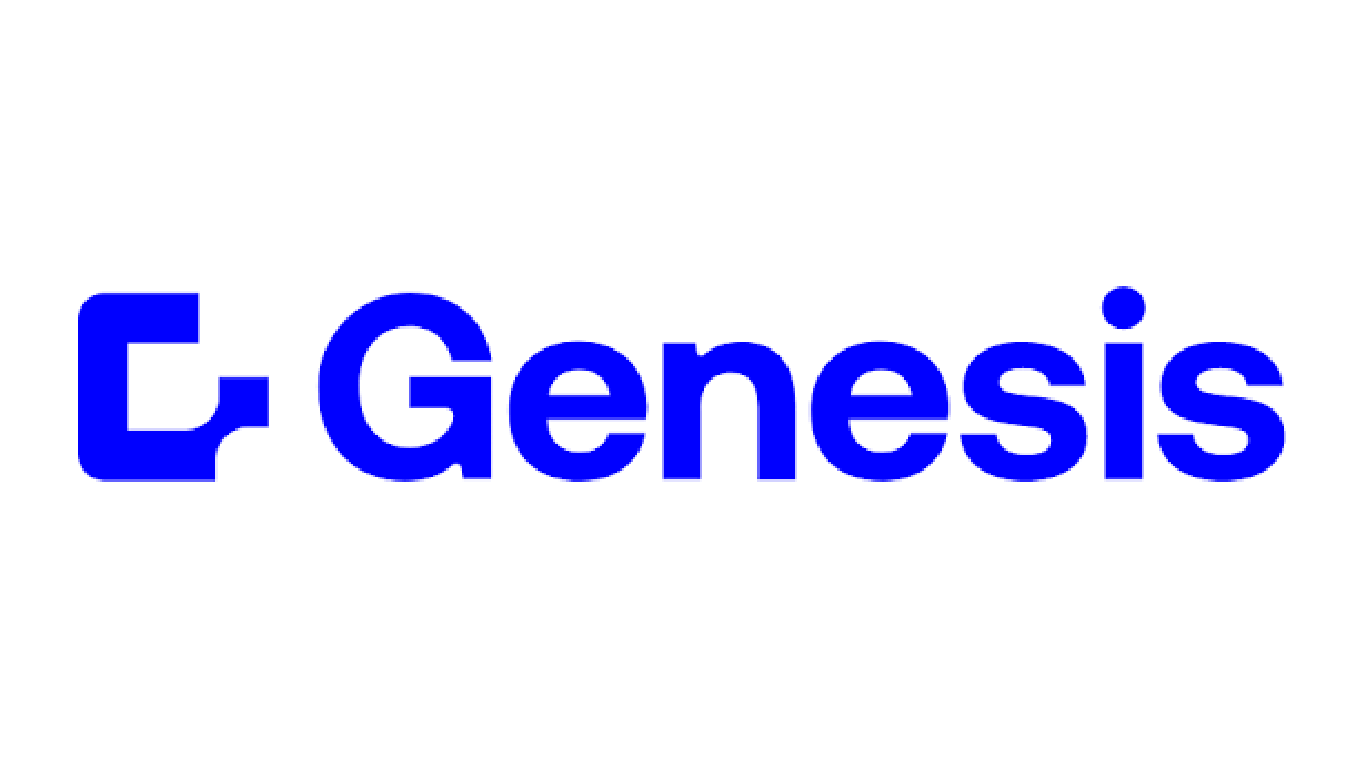
Genesis Global, the low-code application development platform purpose-built for financial markets organizations, today announced Marina Kilcline as Chief Human Resources Officer. Kilcline reports to CEO, Stephen Murphy.
She brings to Genesis more than 20 years of experience in optimizing organizational design, enhancing employee engagement and creating performance-based cultures at leading companies including RICS, Avis Budget Group, ZipCar, GSK and Nestle. At Genesis, Kilcline leads the People team and is responsible for building a global company and culture that fosters high levels of engagement, performance, diversity and equity.
“We are a mission-driven company and the people strategies and culture we establish are critical to our success,” said Stephen Murphy, co-founder and CEO of Genesis Global. “Marina’s experience will help us maximize the excitement and energy in our teams as we work with the industry to radically accelerate how financial markets firms write software.”
“Genesis has an exciting opportunity to become the premier software partner for financial firms,” said Marina Kilcline, Chief Human Resources Officer at Genesis Global. “I look forward to working with leadership and the People team to build our culture and ensure that we continue to be an innovation engine in financial markets.”
Kilcline joins Genesis from the Royal Institute of Chartered Surveyors (RICS) where she designed and implemented programs to foster a positive global culture built on high-performance behaviours. Under her leadership, performance, employee engagement and gender equity improved considerably at RICS.
She earned her Bachelor’s of Science degree from University of Bristol.
Kilcline joins Genesis at a time of rapid growth. To date, in 2022, the firm opened three new offices and hired more than 100 people.
Related News
- 02:00 am

Fireblocks, an easy-to-use platform to create innovative products on the blockchain and manage day-to-day crypto operations, announced today that its 2022 Annual Recurring Revenue (ARR) has surpassed $100 million just four years after the company’s inception and three years since Fireblocks’ first product went into the market. This achievement places Fireblocks among a rare subset of SaaS unicorns — including Slack and Twilio — that have reached this coveted valuation milestone in less than five years.
Founded on a mission to enable every business to easily and securely support digital assets and cryptocurrencies, Fireblocks’ explosive growth runs congruent to the overwhelming interest in decentralized finance, blockchain, and Web3 technologies from the world’s largest banks, consumer brands, gaming companies, fintechs, startups, and enterprises.
“For the digital asset industry, 2022 has been a year of consolidation as well as tremendous growth,” said Fireblocks Co-founder and CEO, Michael Shaulov. “We saw an unprecedented volume of new market entrants, including fintechs, Web3 startups, banks, and PSPs. Because of Fireblocks’ MPC custody and treasury management technology, which has become one of the most fundamental pieces of infrastructure for the digital asset ecosystem, we have seen first-hand the innovation happening among fintechs, Web3 start-ups, banks, and PSPs who are diligently bringing new digital asset products to market. We will continue growing our secure and scalable product suites to meet this market demand and support every business joining the decentralized economy.”
"Fireblocks’ growth is a testament to the quality of its product and the dedication of the team building it,” said Michelle Bailhe, Partner at Sequoia. “As crypto becomes increasingly integrated into global financial infrastructure, Fireblocks will continue to grow in importance, enabling businesses to deliver secure crypto products for customers around the world, ranging from crypto and fintech startups to large financial institutions.”
Fireblocks is the only platform that eliminates a single point of failure and insulates digital assets from cyberattacks, internal collusion, and human error using a patent-pending multi-layer security approach. As digital assets and crypto enter into mainstream consciousness, Fireblocks’ MPC-CMP technology has become widely adopted by some of the world’s most recognized institutions and cutting-edge start-ups such as BNP Paribas, Six Digital Exchange, ANZ Bank, FIS, Checkout.com, MoonPay, Animoca Brands, and Wirex. In 2022, over 1,500 organizations deployed Fireblocks’ technology to protect customer and investor funds, strengthen digital asset security, and streamline day-to-day crypto operations.
“Essentially, businesses — from startups to enterprises — reach out to Fireblocks in order to maximize security in their technology stack so that they may focus on their core competencies: building innovative services and products for their customers while maintaining agility and the ability to react quickly to headwinds,” said Idan Ofrat, Fireblocks’ Chief Technology Officer and Co-founder. “As we look to the future, we are committed to delivering the same secure, easy-to-use and scalable solution for emerging market entrants and use cases such as stablecoin issuance, NFT treasury management, and crypto payments.”
“Fireblocks offers critical infrastructure for a wide range of companies looking to build out digital asset operations, including games, fintechs, banks and more,” said Arjun Balaji, an Investment Partner with Paradigm. “At Paradigm, we’re committed to supporting organizations like Fireblocks that empower developers and ultimately make Web3 more user-friendly and secure.”
Related News
- 09:00 am
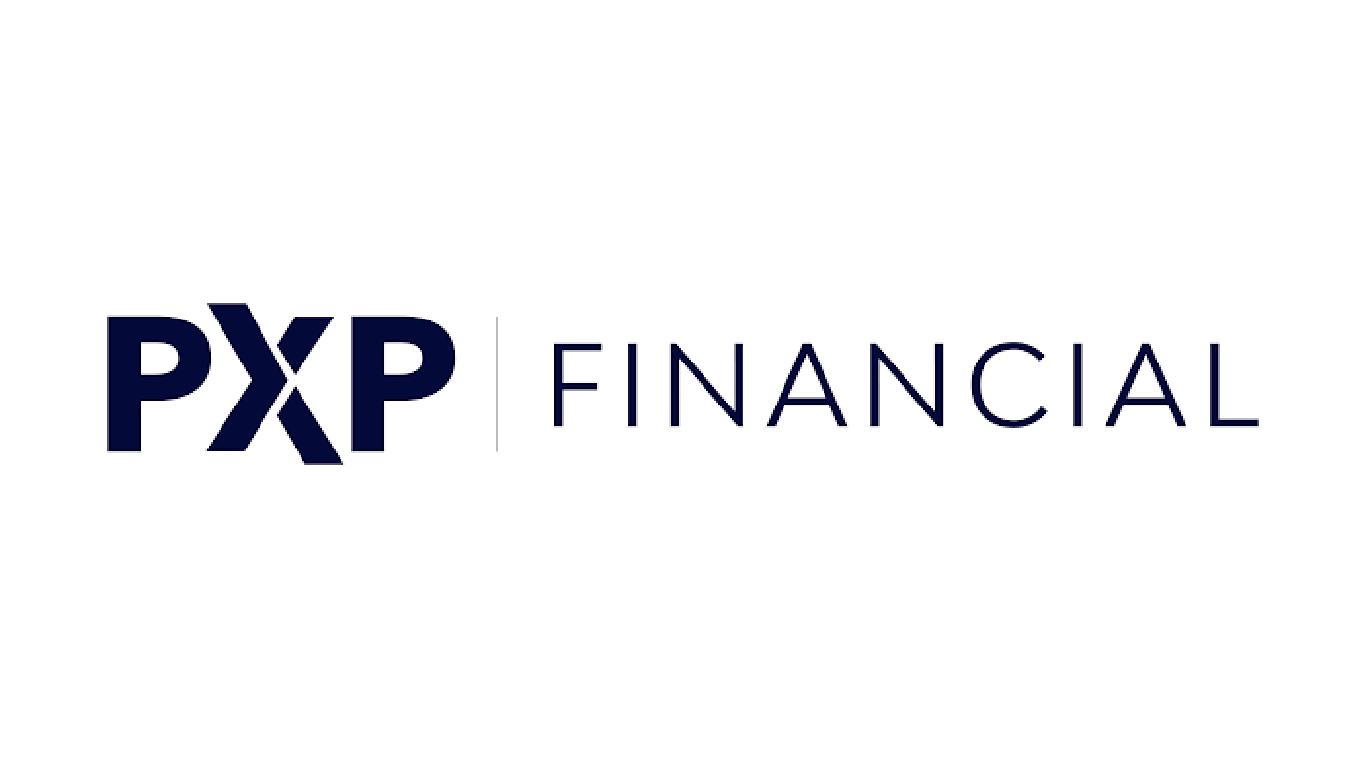
PXP Financial, the expert in global acquiring, payment, fraud and data analysis services, today announces a partnership with DisputeHelp to provide its merchant portfolio with dispute management solutions.
The announcement comes as the Mastercard ‘Acquirer Collaboration’ mandate is set to take effect. Mastercard Collaboration is an initiative to resolve cardholder disputes at the early stages of the chargeback process. The idea is that by opening a new line of communication between issuers, acquirers, and merchants, disputes can be handled quicker and with fewer costs.
From 27 September 2022, the mandate will send alerts for all disputes on the Mastercard network. Dispute alerts that do not currently route to merchants through Ethoca will be sent by Mastercom to the merchants' acquiring bank. Acquirers, such as PXP, must then distribute the alerts on to their merchants.
Commenting on the announcement, Kamran Hedjri, Group CEO for PXP Financial, said: “Our partnership with DisputeHelp will not only keep our merchants ahead of these mandates, it will also empower merchants to minimise the bottom-line impacts from fraud and disputes.”
When the Acquirer Collaboration mandate comes into force, merchants will get their Mastercard alerts through Ethoca, the more efficient and cost-effective platform for resolving Mastercard disputes. This will allow merchants to easily refund disputes before they evolve into more expensive chargebacks.
End-to-end dispute management with DisputeHelp comes as standard with:
- Dispute Deflection: Ethoca Consumer Clarity and Verifi Order Insight®
- Automated Resolutions: Verifi Rapid Dispute Resolution
- Alerts Resolution: Ethoca alerts, Mastercom, Verifi CDRN®
- Revenue Recovery: Representment tools to reverse unwarranted chargebacks
Bart Szypkowski, Chief Revenue Officer for DisputeHelp, added: “We want to assure PXP merchants that the value this partnership provides them will outpace any increased costs generated by the Mastercard mandate.
“PXP Financial has many years of experience shaping and leading innovation in the payments space and works across Europe, Asia and North America. They stay ahead of the game through innovative technologies and new solutions that create a first-class payment experience for their customers, and we are delighted to be working with them.”
Related News
- 03:00 am
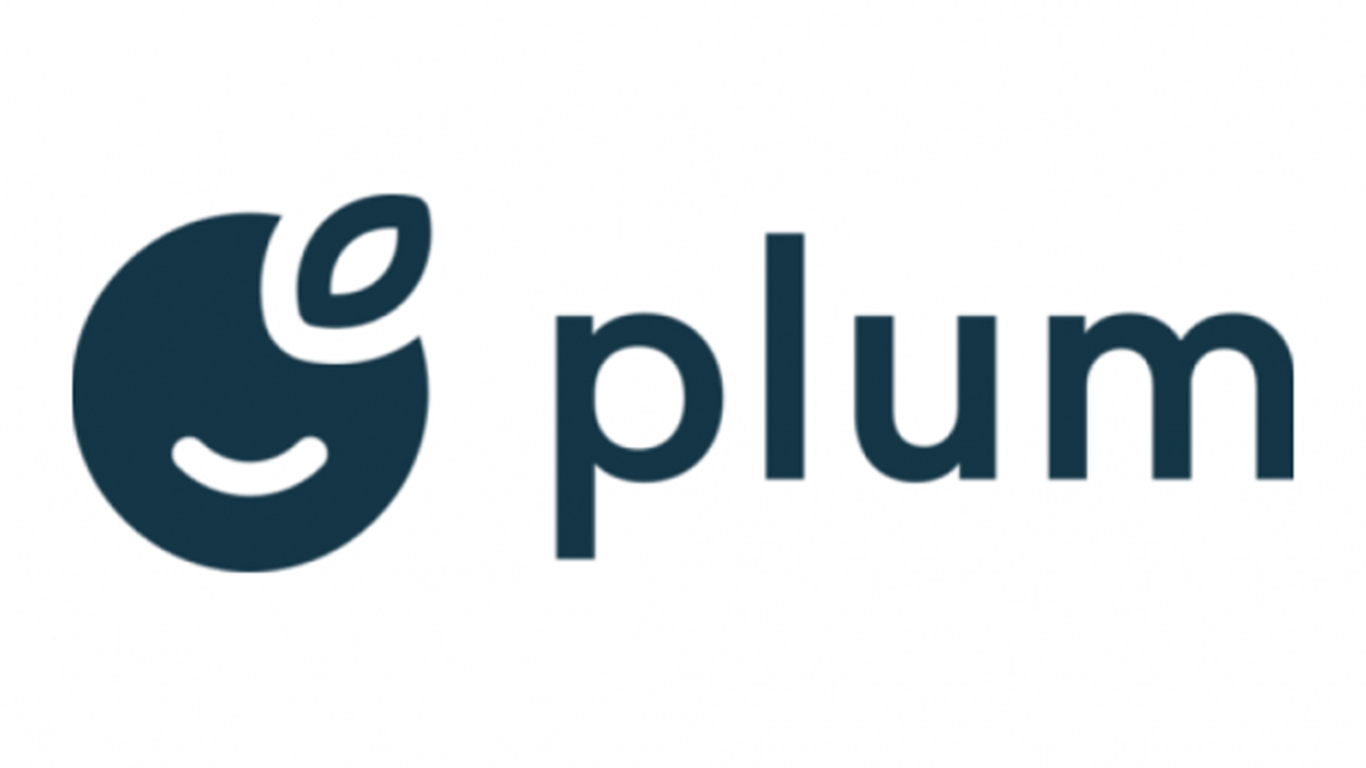
Plum, the European smart money app, is launching stock investing and a debit card for its customers in France, Belgium, Spain and Ireland.
The app, which uses the latest technology to help users save effortlessly, now allows customers to diversify and grow their money over the long term with its new stock investing service.
Plum customers can access more than 500 US stocks that can be bought or sold directly within the app, using its free Basic subscription. They can invest from as little as 1 euro through fractional shares in global heavyweight companies such as Google, Tesla or Amazon.
Plum will be launching a Premium tier option later this month, adding to its existing Basic and Pro tiers. Priced at €9.99 per month, Premium customers not only have access to Plum’s full features but also to priority customer service and a broader range of stocks. This range will offer 1,000 stocks initially, rising soon to at least 3,000 stocks in companies from around the world. That means these customers will have even more freedom to customise their investment portfolio to reflect their personal values and support the brands they trust.
Alongside the launch of stock investing, Plum is offering a debit card, which is 100% biodegradable, recyclable, and available at no extra cost for its subscription customers. The plum-coloured VISA debit card can be used to pay online, contactless or directly at the merchant, and withdraw cash without additional fees anywhere in Europe.
Customers can load their cards directly from a bank account or from money set aside through the Plum app, making it easier to track and manage their spending. They will also be able to track their expenses in the same place as where they’ve saved and invested, giving them more control.
In addition to savings rules such as Rainy Days, which puts aside extra money when it rains, Plum subscribers already can set aside money in several customizable accounts based on their goals. This is all powered by Plum’s artificial intelligence that analyses the customer's transactions and starts to automatically set aside small amounts of money regularly, adjusting to their spending and what they can afford.
Victor Trokoudes, CEO and co-founder of Plum says: "Our goal is to make Plum the only personal finance app our customers will ever need. Plum is rapidly and successfully expanding across Europe, opening to new markets, and launching innovative features to help people achieve their financial goals.
“Many people believe that investing is too complicated, and they have no idea where to start. Plum is making investing easier to access and understand. In times like these, we want to give everyone a helping hand to make their money go further.
“Plum is committed to continually challenging the status quo to the benefit of our customers. We want to remove entry barriers to money management and make building wealth easier. Following this launch, we’re helping customers across Europe to save money, connect their bank accounts, invest in stock markets and spend without leaving the app, and at a lower cost.”
The significant expansion of services offered by Plum, which has 1.3 million customers, is the latest step in its journey as a money "super app". The company, which is present in the UK, Ireland, Spain, France and Ireland, also has plans to expand further in Europe soon, with the goal of the app being available to at least half of the continent’s addressable market.
Related News
- 09:00 am
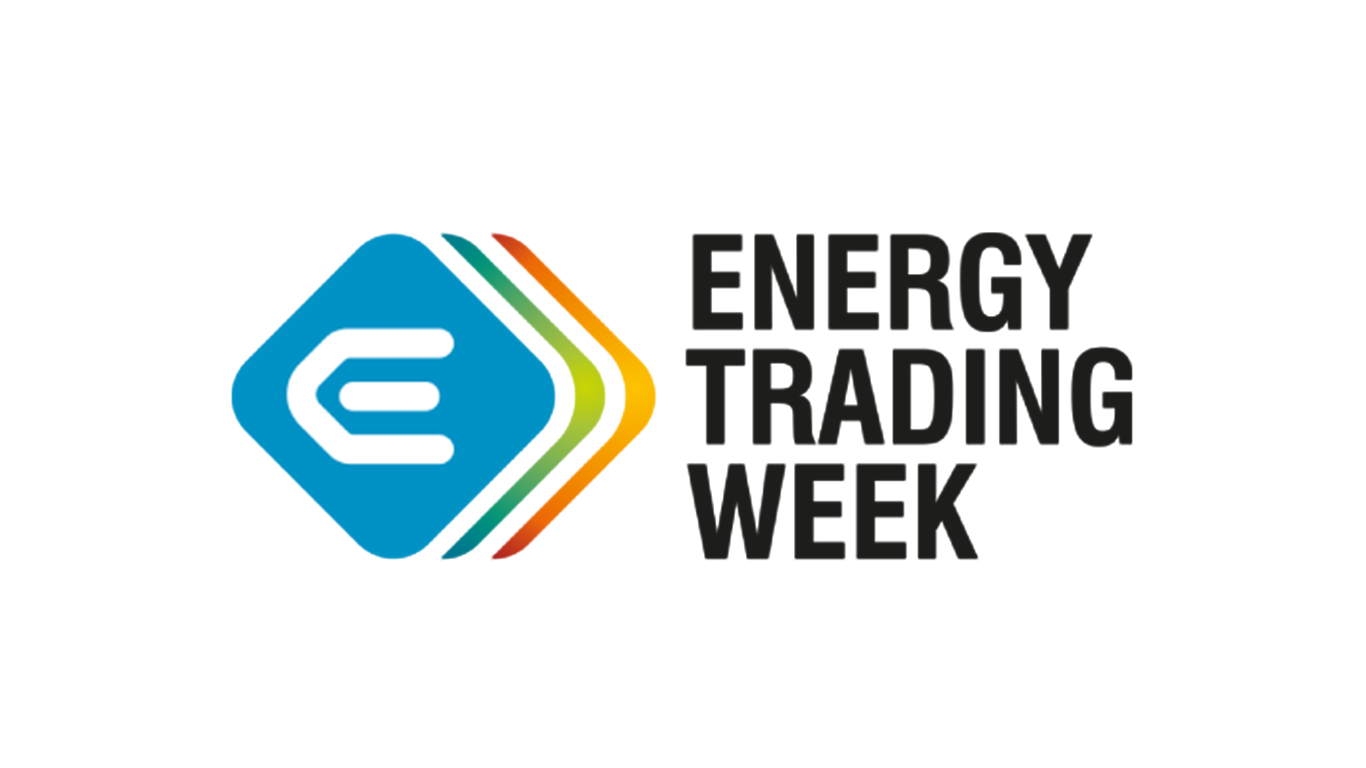
In the countdown to Energy Trading Week - taking place on 28-29 September at County Hall in London, Ben Hillary, the Managing Director at Commodities People has sat down with Doug Wood, Chair of the Gas Committee at European Federation of Energy Traders (EFET) for a fascinating discussion about developments of markets for bio methane and hydrogen, the fit for 55 package and energy security requirements.
Ben Hillary: We are absolutely delighted to be joined by Doug Wood, Chair of the Gas Committee at EFET, the European Federation of Energy Traders, a role which I’m sure is keeping him very, very, very busy at the moment. Doug, Welcome, and thanks so much for being here with us. Well, diving right in, what do you think is critical to ensure Europe is really prepared for the winter ahead?
Doug Wood: Well, there’s certainly a lot going on at the moment in a number of camps, and the Commission has been working full scale and so have member states and are looking at many of the options available. Certainly storage will be important. And storage filling has been progressing across summer during the objection period pretty well. But we must remember that storage doesn’t bring any more gas over the year, it just gives you optionality when it will arrive, it’s not the same as bringing on new deliveries. So that’s not going to be enough.
What we are certainly focusing on is, in the first instance, energy efficiency is a bit of a no-brainer, measures to encourage people to save consumption, to introduce energy efficient vendors, to invest in energy efficiency, and price signals are very important for that. But going beyond that, if we need to protect vulnerable customers and critical industries, during what could potentially be a greater supply shortfall, and not only for Russia interruptions, but also the risk of just general supplier outages, then there needs to be further measures, and this is where the commissions or the measure of interruption of self interruptions or mandatory demand reductions of 15% could become critical in order to allow us to continue. What’s important at the moment, is we will need some flexibility around that. We don’t know what’s going to go on in the outside world and what will continue to affect this, whether winter is going to be a cold winter, a warm winter. So it’s going to be really important that we keep a lot of options on the table and we keep some flexibility on the team.
Ben: Absolutely. Well, one of the bright spots right now is that there's a lot of excitement around hydrogen and bio methane as vital components of the path to net zero, and also a really major aid potentially for our energy security requirements. How can we kickstart the development of markets for bio methane and hydrogen?
Doug: Well, of course they’re going to be of limited help in the short term as it’s going to take a bit longer, particularly in the case of hydrogen, because of the levels of investment that will be required, both on the production side, on the storage side, conventional transportation side – and of course, what consumers need to do to be able to burn hydrogen instead of methane. So there’s still a lot of discussion going on about how to make that happen. Bio methane is a bit easier given the chemical constituency of that. But one of the things that are really taking a lot of industry effort at the moment is how we create a good certification regime so that people who buy renewable hydrogen or bio methane can be assured that they are supporting the environmentally green aspects of these things, because once you get hydrogen in the system, you can’t tell where the molecules are coming from, whether it’s green hydrogen, or it’s been produced by some other source – so that can only be done by certification.
At the moment, we have a very complex regime in infancy around guarantees of origin and proof of sustainability around the fungibility between products, and that could be very worrying on two counts. One, unless we can improve standardisation of these kinds of instruments, it will prevent an international market developing whereby we can get clear price signals or: what is greenness worth, and how does that relate to carbon trading, for example. The other concerning thing is how the certificate affects commodity markets. You have one avenue of thought that was attempting to track molecules so that if you buy bio methane or green hydrogen, for example, you know exactly where the product is being manufactured or produced and how that gets to you.
Now, of course, when gas gets into the system, it’s optimised substituted, so the molecules never actually travel along those notional parts. So, unless we make clear that the certificates can be independently tradable of the underlying commodities, then we can inhibit the markets going forward. But that means we’re going to need other solutions to make sure we’re not open to accusations of greenwashing, or fraud or double counting.
Ben: Interesting! One final question from my side would be: at Energy Trading Week in London in September, we’ve got a rather interesting panel that ties into what we’ve been discussing, to an extent. The panel will be ‘Security of supply vs. fit for 55’, moderated by your colleague, Peter Stiles. What are your considerations on the current situation with gas supply in Europe and the Nexus with fit for 55 package?
Doug: Well, Peter will do a great job I’m sure. There are some things, as I mentioned earlier, that are on the nexus of the two things that are certainly something that will contribute to both agendas. For example, energy efficiency, and energy savings. So that’s an obvious one that we should be focusing on, and I think that could potentially be a lot more done at Member State and at European commission level – about encouraging people to see that. It’s not only about price, but it’s about people who can afford to get in the car and drive a bit further or keep the heating turned up. It’s helping encourage those people to engage, as well as vulnerable people for whom your energy prices are critical, and you will need some level of assistance.
However, in the longer term, it’s a bit different, and we’re stuck with the old dilemma of how do you prioritise the urgent versus the important? What I do think is it’s a critical period at the moment, as we are developing the building blocks, or encouraging investment in renewables in order to meet the five targets, that we don’t lose sight of this, and just forget about it for a few years, or it will be much harder to catch up. So it’s important we leave the building blocks now, so that we don’t get in a situation where whoever would otherwise make investments now be deferring because of uncertainty around the regime, or they don’t know how they’re gonna be able to monetise the environmental value of those assets.
So it’s important we continue to work on these things, and make sure we don’t build on any adverse market design issues. But, we have people who could be short of energy this winter, prices have risen to unsustainable levels, we’re not really going to have significant additional gas coming on until maybe 2026 and beyond, so we could have a period of tightness for some time. That’s why it’s important to keep other options on the table; so not only gas, but other sources of energy may need to be extended as well – coal and nuclear.
We’ve also got the need to continue to invest in other forms of energy efficiency, and this is where price signals will remain important, and the EFET certainly is much more supportive of allowing wholesale prices to continue to be able to signal the need for more imports of LNG or production of higher marginal cost gas or other fuels, and we should really be targeting assistance where it’s needed only on vulnerable consumers with direct assistance, but not through price caps. So, there’s a number of measures that are possible here, but we shouldn’t be compromising achievement of the long term objectives by unmuting investment signals by interfering in wholesale markets in the short term. So it’s a difficult balance, and we’re engaging with the commission and national authorities in making sure that they’re taking advantage and making use of, for example, the EU toolbox that was published earlier this year, so that we can continue to have a market going forward, and we don’t throw that out.
Ben: Excellent. Well, Doug, thanks so much for joining us today, and thanks for those fascinating insights. Also, thanks for the really good ongoing work that you and EFET do for the community. We’ll hopefully see you and certainly see a number of your EFET colleagues at Energy Trading Week in September. Thanks again for your insights and hope we speak again soon.
Energy Trading Week London 2022 by Commodities People will feature 8 unique conferences making up the programme - featuring the much-loved Energy Trading Operations and Technology Summit (ETOT) and Energy Trading Regulations and Compliance Summit (ETRC) with a full two days of dedicated sessions each! The event is going to be the biggest gathering of energy trading professionals this year, with more than 650 attendees and 120+ expert speakers!
In addition, Commodities People are also hosting the Energy Trading Risk Summit, as well as the Energy Trading Digitalisation, Traders Live, Net Zero, LNG Trading and Oil Trading Forums.
This is their most wide-ranging and comprehensive agenda yet - allowing specialists from all aspects of energy trading to attend sessions tailored to their areas of expertise, with not only fantastic presentations and lively discussions but practical, actionable takeaways for everyone involved in energy trading.
You'll get to hear from speakers representing Mercuria, EFET, Statkraft, Ofgem, Renault Group, Centrica, Ørsted, Engie Hydrogen, Axpo, the FCA, Shell. RWE, ElCom, Uniper, BaFin, BP, Maersk Oil Trading and Investments, EnBW, Vattenfall, Endesa, Ecotricity, Global LNG Hub, Macquarie Group, TotalEnergies and many, many more! To see the full agenda, visit: https://energytradingweek.com/full-agenda-2022/
This is most certainly an unmissable event - make sure you register now - book now to guarantee your place!
https://www.youtube.com/watch?v=ZXzNQviS9-E
https://energytradingweek.com/insider/bio-methane-energy-security-and-the-winter-energy-crisis/
Related News
- 02:00 am
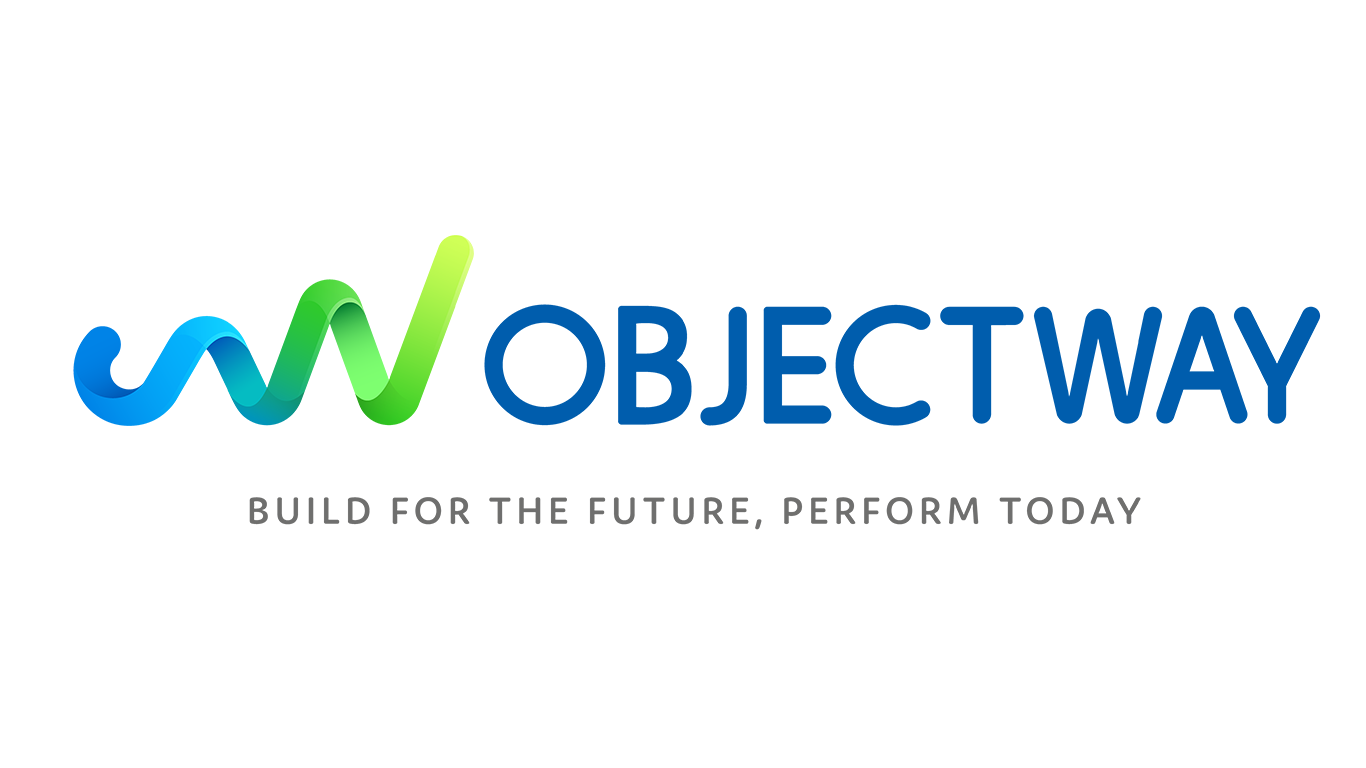
Objectway, a global top 100 banking, wealth & asset management software provider, has announced the appointment of Hassan Suffyan as Managing Director of Objectway for the UK region.
Hassan joins the Objectway Group executive team to help drive the firm’s expansion in the UK and Ireland. His vast knowledge and expertise will enhance the Group‘s capability to drive the digital enablement of wealth managers, private banks and asset managers. Hassan will also work with the executive team to execute strategic development initiatives across the Group.
Hassan brings over 10 years of Wealth & Private Banking experience, with significant expertise in business, technology and consulting. Prior to joining Objectway, Hassan was Head of the Wealth Technology Practice for Ernst & Young UK and has previously worked for Coutts Private Bank as a Director in Wealth & Asset Management Delivery, as well as for other well-known wealth managers.
As a result of Objectway’s constant commitment to the sector and investments, the firm has experienced significant growth in this region, where it counts many leading wealth management firms as its clients. As Managing Director, Hassan will be responsible for boosting Objectway’s growth in this market, which is pivotal in the development plans of the Group.
Hassan Suffyan commented on his appointment: “I have been thoroughly impressed by Objectway’s product offering, culture and, most importantly, people. I am delighted to have the opportunity to join the firm and to support its growth, by addressing the strategic priorities of our clients with our incremental and agile approach to digital enablement to attract and retain clients, improve cost-to-serve and achieve scale.”
Luigi Marciano, Objectway Group CEO, said: “We are delighted to welcome Hassan to our executive team. His extensive experience and skills are a perfect fit with our strategy to drive future growth by focusing on bringing banking, wealth and asset management to the next level of industrialisation by implementing an as-a-service approach. This is a further step to scale our organisation for accelerated growth in the future and to meet strong customer demand for our software and services proposition.”
Related News
- 04:00 am
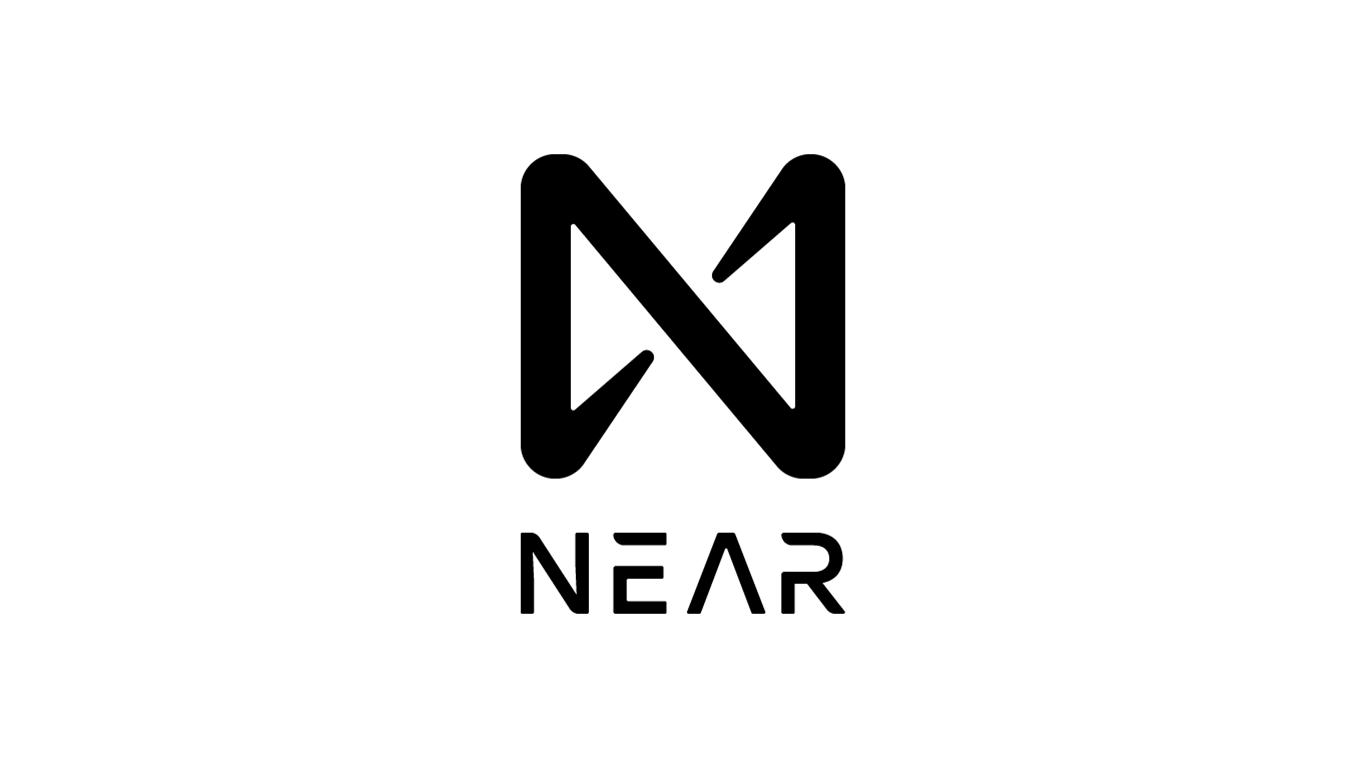
NEAR Foundation, the Swiss non-profit that supports the governance and development of the NEAR protocol, has announced a strategic partnership with Caerus Ventures to launch a $100m venture capital fund and venture lab.
The fund will leverage the opportunities of Web3 as it reimagines culture and entertainment, from how it is financed, produced and distributed to how it’s consumed, owned and monetized.
Caerus is a newly launched investment firm that will back and build projects that place creators, talent, IP owners and the highly engaged communities they serve, at the heart of these new enterprises.
NEAR will cornerstone the VC Fund, which will have an initial closing of $50m and a target of $100m for seed to series A investments.
Marieke Flament, CEO of the NEAR Foundation, said:
“Our cultural passions for live sport, film or music have historically been leveraged to on-ramp billions of consumers to new technologies. The creators, talent and franchises with reach and influence spearheaded that growth and will now drive the adoption of blockchain at scale. But this time, they and their fans will have greater access to the value created.”
Caerus was founded by IMG/Endeavor executive Nathan Pillai, an industry veteran who brings two decades of experience across the entertainment ecosystem. He spent the past five years with IMG/Endeavor (NYSE: EDR), spearheading M&A and venture development of entertainment properties, including Larry Ellison’s SailGP.
Pillai commented:
“We’re yet to imagine the plethora of use cases for how Web3 technologies will change how culture is experienced, entertainment is consumed, and value is distributed. And that was the genesis of Caerus: to be a catalyst for innovation that unleashes a new generation of platforms, applications and services across sport, music, film, TV, fashion, art and gaming which offer greater equity for talent and consumers alike.”
Flament added:
“We’re backing Caerus because they have a uniquely differentiated proposition and robust investment thesis predicated on the tokenization of entertainment and decentralization of rights and licensing. In this new economy, we believe that new incentive structures, native business and funding models will empower creators with more control of what they produce and the rewards that come.”
Caerus' first investment will be the Venture Lab which will work exclusively with creators, talent and franchise owners to build the next generation of platforms and applications that unlock value from their IP, reach and influence. It will attract Web3's leading engineers, developers and venture builders who want to create category-defining products around iconic talent and IP. The Lab will offer cross-functional support to portfolio projects and will be supported by advisory partners who will be announced by the end of this year.
Pillai added:
“I’ve been hugely impressed by NEAR’s value proposition for developers and users, but more importantly, their mission to empower creators and consumers of culture with more control over their assets. We’re creating this partnership to help revolutionize the existing multi-layered entertainment ecosystems, growing the size of the market whilst promoting greater equity.”
NEAR’s usability as a blockchain enables developers to deliver intuitive experiences for large fan bases. With 18 million accounts created, and 550,000 members, the NEAR community is a globally distributed home to innovators, developers and contributors supporting the protocol's platform, ecosystem and applications.
Related News

Xavier Giandominici
VP of Global Sales at Fime
- 01:00 am

New research exposes the difficulties businesses face accessing finance from mainstream lenders and how alternative solutions can plug the gap.
More than a quarter (26%) of business leaders surveyed have had difficulties accessing finance from main banks, over a third (38%) say that banks don’t understand their business needs and two in five (41%) think banks’ lending policies haven’t kept pace with modern business needs.
The research from embedded finance and payment solutions provider, Sonovate, follows a recent announcement from the Financial Conduct Authority (FCA). The regulator warned banks to improve their treatment of small business owners after a review found ongoing instances of lenders treating small businesses unfairly when it came to areas including a sustainable payment plan, identifying and supporting vulnerable customers, and ensuring fairness. Indeed, a third (35%) of those Sonovate surveyed said that banks provide them with no other service or support beyond lending.
The research also showed that businesses which turn to non-traditional forms of finance instead are seeing tangible benefits. Over a third (37%) of businesses surveyed say that alternative lenders make it easier to access funding, and three-quarters (76%) say that invoice financing tools have greatly benefited their business, with around two-thirds (64%) citing faster transactions and business processes as key advantages.
While there is clearly a role for non-traditional forms of finance to provide improved services to businesses, Sonovate’s research exposes how few businesses make use of these types of services. Only 5% surveyed secured a loan or accessed invoice finance from an alternative lender in the past 12 months.
As the cost-of-living crisis continues to impact businesses across the country, being able to access finance quickly is hugely important. This is even more true when it comes to payroll, particularly for contract worker pay - 27% of businesses surveyed admitted to taking more than 90 days to pay contract staff, which is not a viable operational model. Other research* shows that four in ten (44%) small business leaders expect to accelerate their finance plans in response to the prospect of further rate hikes that the Bank of England is expected to implement in the coming months.
Richard Prime, co-founder and co-CEO at Sonovate, said: “It is evident that business owners across the country are struggling to access finance through traditional means. On the whole, banks and mainstream lenders have not kept up with the needs of today’s businesses, and lack the agility, scalability and speed to provide organisations with critical funding.
“Alternative finance is perfectly positioned to plug this gap and provide business owners with a lifeline through what is an incredibly challenging period, where funding is likely to be needed more than ever to grow the business. With the rate hike looming, now is the moment for businesses to consider all their options and make a decision that is right for the organisation in the long-term.”
The Sonovate platform delivers flexible funding and a bespoke technology platform to streamline and automate the tasks related to funding and managing contract worker placements and freelancer projects. By embedding Sonovate’s invoice finance solution, cash and resources are freed up, enabling recruiters, consultancies and labour marketplaces to focus on growing their business in the UK and internationally.









